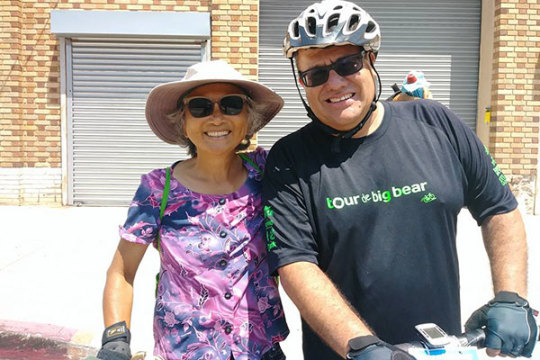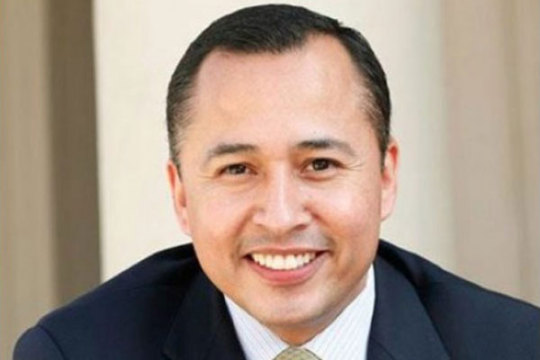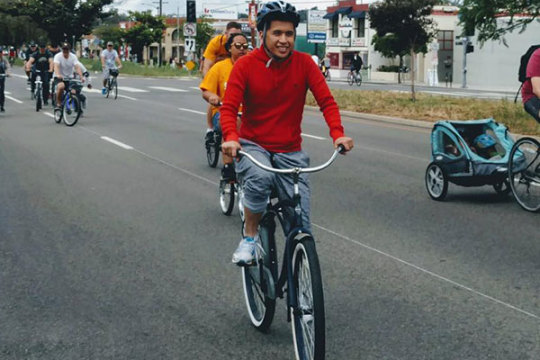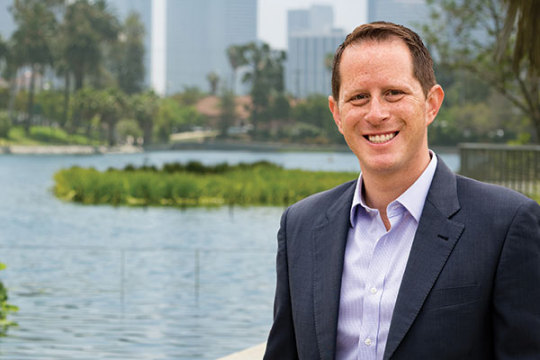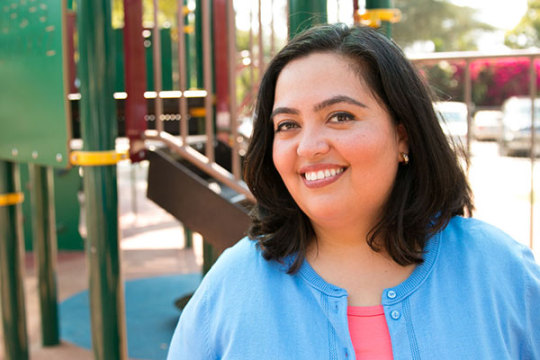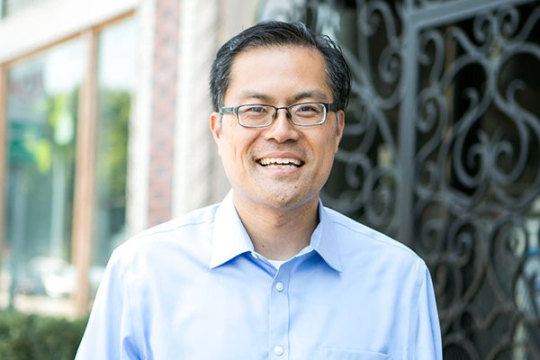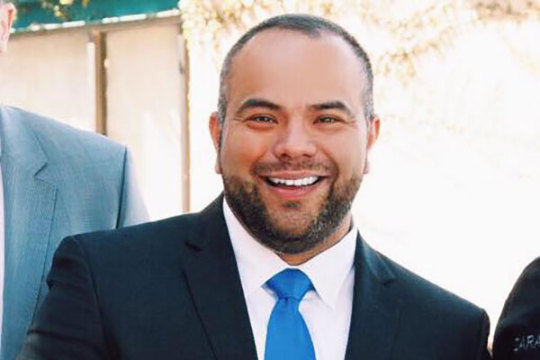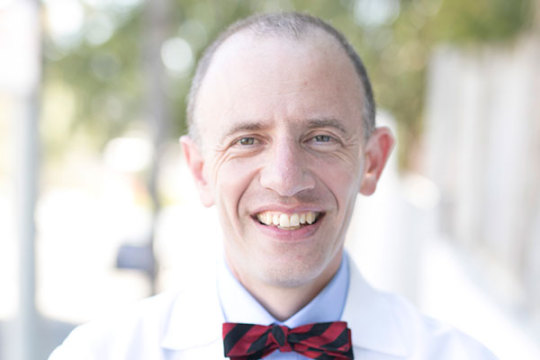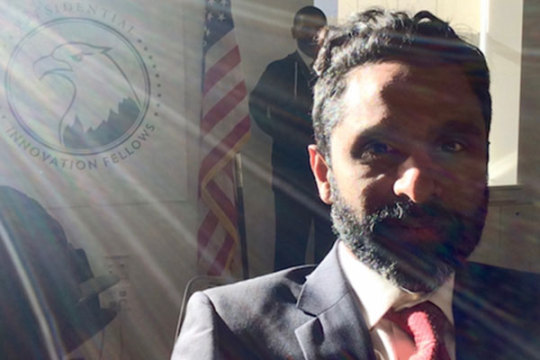With the election of Jimmy Gomez to the U.S. Congress, the Assembly seat for California’s 51st District will see a special election on October 3rd, with an all-but-guaranteed runoff on December 5th, 2017.
Many Angelenos in the 51st District – which includes Northeast L.A., East L.A., Silver Lake, Chinatown, and Echo Park – express voter fatigue after already seeing four elections this year in March, April, May & June. Unfortunately, this reality will likely result in a low turnout in this important election, but magnifying the individual power of each participating voter.
With Democratic supermajorities in both California’s Assembly and Senate, the 2017 legislative session has already seen progressive action that impacts transportation, including a significant expansion of transportation funding in SB1. With important decisions such as distribution of SB1 funding, expansion of Vision Zero policies, and whether to adopt an ‘Idaho Stop’ law; this election presents Los Angeles voters with an important opportunity to decide who will represent them at the state level. Will we see a voice of support for progressive transportation policies? Will we find a champion to push innovative ideas to help improve equity, safety, and mobility options? Or will District 51 elect someone who will work to table these issues over concerns from the the auto industry and fossil fuel lobby?
The good news for residents of Assembly District 51 is that many of the 13 candidates vying in this race have voiced clear support for Vision Zero, funding for active transportation, and safe streets. Bike The Vote L.A. sent out questionnaires to all candidates, and received responses from 10 of the 13. With such a large field, our AD51 election committee decided to provide letter grades for candidates based on their responses and experience, with the possibility of making an endorsement after the run-off election is set. Individual summaries for responding candidates are listed below, along with a link to each candidate’s full response to Bike The Vote L.A.
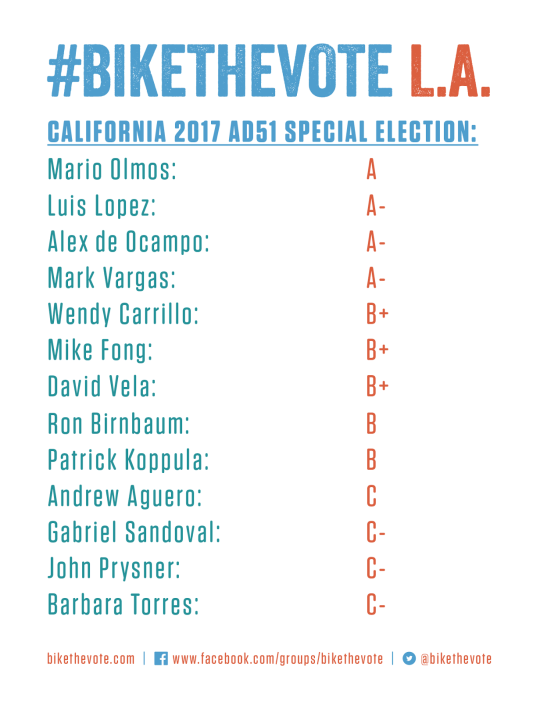
2017 CA AD51 Primary Election day: Tuesday, October 3, 7am-8pm
Find your polling place: http://lavote.net/locator
AD51 Candidate: Mario Olmos
Mario Olmos is a well-known fixture of Los Angeles’ bike community, familiar to many through his participation in social rides and advocacy for safer streets. His exceptional response to Bike The Vote’s questionnaire shows a depth of understanding of the issues facing safe streets, thanks to his first-hand experience as someone who travels by bike throughout the city on a regular basis. It’s clear that his experience as a ‘sweep’ on group rides making sure that no one is left behind has directly informed his political viewpoint when he declares, “I am running a no drop campaign.” What a spectacular commitment for a politician to make.
Bike The Vote L.A. 2017 Primary Grade: A
[Click HERE for Mario Olmos’s questionnaire response to Bike The Vote L.A.]
AD51 Candidate: Luis Lopez
Luis Lopez is a progressive community advocate with strong roots in Northeast Los Angeles, and has shown a solid grasp of progressive transportation issues. After a strong showing in the 2012 election for the AD51 seat, Lopez certainly finds himself among the frontrunners to succeed Jimmy Gomez. His response to Bike The Vote L.A. offers thoughtful and promising commitments on equitable transportation funding, Vision Zero, bike share expansion, and California’s adoption of the ‘Idaho Stop.’
Bike The Vote L.A. 2017 Primary Grade: A-
[Click HERE for Luis Lopez’ questionnaire response to Bike The Vote L.A.]
AD51 Candidate: Alex de Ocampo
Alex de Ocampo is a promising candidate for AD51, whose endorsement list includes former Bike The Vote L.A. endorsees Mike Gatto and Mitch O’Farrell. In his candidate response, de Ocampo makes strong commitments towards equitable transportation funding, the ‘Idaho Stop’ law (AB 1103), Vision Zero, and subsidies to make bike share systems more accessible to low-income residents.
Bike The Vote L.A. 2017 Primary Grade: A-
[Click HERE for Alex de Ocampo’s questionnaire response to Bike The Vote L.A.]
AD51 Candidate: Mark Vargas
As a Board Member of CicLAvia, Mark Vargas has a impressive record of working to bring visibility to safe streets. His understanding or transportation issues shines through clearly in his thoughtful and detailed response to Bike The Vote L.A., which shows his commitment to improving safety and expanding mobility options for Angelenos equitably.
Bike The Vote L.A. 2017 Primary Grade: A-
[Click HERE for Mark Vargas’ questionnaire response to Bike The Vote L.A.]
AD51 Candidate: Wendy Carrillo
Wendy Carrillo may be a familiar name for voters who are also residents of California’s 34th Congressional District where she ran a strong campaign earlier this year. One of only two women running in this election, Carrillo’s encouraging focus on equity shines through her response to Bike The Vote L.A., with strong commitments to Vision Zero and equitable transportation funding.
Bike The Vote L.A. 2017 Primary Grade: B+
[Click HERE for Wendy Carrillo’s questionnaire response to Bike The Vote L.A.]
AD51 Candidate: Mike Fong
Mike Fong’s long career in public service includes work as a deputy under City Councilman Ed Reyes and Mayor Antonio Villaraigosa. In his current job, he provides support to neighborhood councils at L.A.’s Department of Neighborhood Empowerment. He’s also a Trustee of the L.A. Community College District. In his response to Bike The Vote L.A., Fong promises to champion protected bike lanes, Vision Zero, equitable transportation funding, and adoption of an ‘Idaho Stop’ law.
Bike The Vote L.A. 2017 Primary Grade: B+
[Click HERE for Mike Fong’s questionnaire response to Bike The Vote L.A.]
AD51 Candidate: David Vela
Despite the endorsement of anti-Vision Zero Councilmember Gil Cedillo, David Vela offered a well-rounded and encouraging platform on safe streets in his response to Bike The Vote L.A., including commitments to expanding bike share, Vision Zero, equitable transportation funding, and adoption of an ‘Idaho Stop’ law in California.
Bike The Vote L.A. 2017 Primary Grade: B+
[Click HERE for David Vela’s questionnaire response to Bike The Vote L.A.]
AD51 Candidate: Ron Birnbaum
A physician with a focus on universal healthcare, Ron Birnbaum has worked to educate himself on the intersectional aspect of transportation policy. In his response to Bike The Vote L.A., he expresses his vision for healthier, more walkable and bikeable communities connected by public transportation. Bike The Vote L.A. appreciates Birnbaum’s commitment towards bike share and an ‘Idaho Stop’ law, and sees promise in his evolving support for Vision Zero.
Bike The Vote L.A. 2017 Primary Grade: B
[Click HERE for Ron Birnbaum’s questionnaire response to Bike The Vote L.A.]
AD51 Candidate: Patrick Koppula
Patrick Koppula is an inspiring candidate focused on a more equitable and human-centered legislative platform. Koppula’s response to Bike The Vote L.A. shows a focus on improving active transportation in Los Angeles. While some of his answers stop short of firm commitments towards progressive transportation policy, he says he is focused on working to build more walkable and bikeable communities.
Bike The Vote L.A. 2017 Primary Grade: B
[Click HERE for Patrick Koppula’s questionnaire response to Bike The Vote L.A.]
AD51 Candidate: Andrew Aguero
We were troubled by Libertarian candidate Andrew Aguero’s hard line stance against active transportation funding. While it’s clear he has a vision for improving mobility options, Bike The Vote L.A. believes that dedicated funding for biking and walking is an important and necessary component of a safer, more equitable transportation system.
Bike The Vote L.A. 2017 Primary Grade: C
[Click HERE for Andrew Aguero’s questionnaire response to Bike The Vote L.A.]
Bike the Vote L.A. volunteers made repeated efforts to reach all candidates in this race, but after multiple attempts, the following candidates chose not to respond to our questionnaire and were each given a grade of C- for lack of information available to voters related to their transportation platforms. While their decision not to respond does not indicate an opposition to active transportation projects, we are disappointed that they did not prioritize efforts to respond to our questionnaire. These candidates include:
- Gabriel Sandoval
- John Prysner
- Barbara Torres

